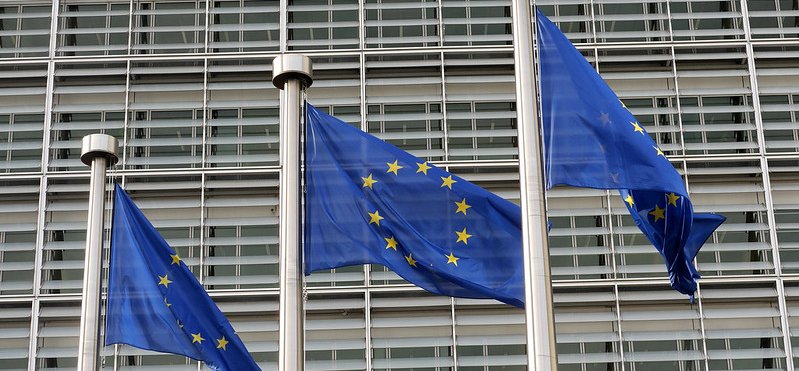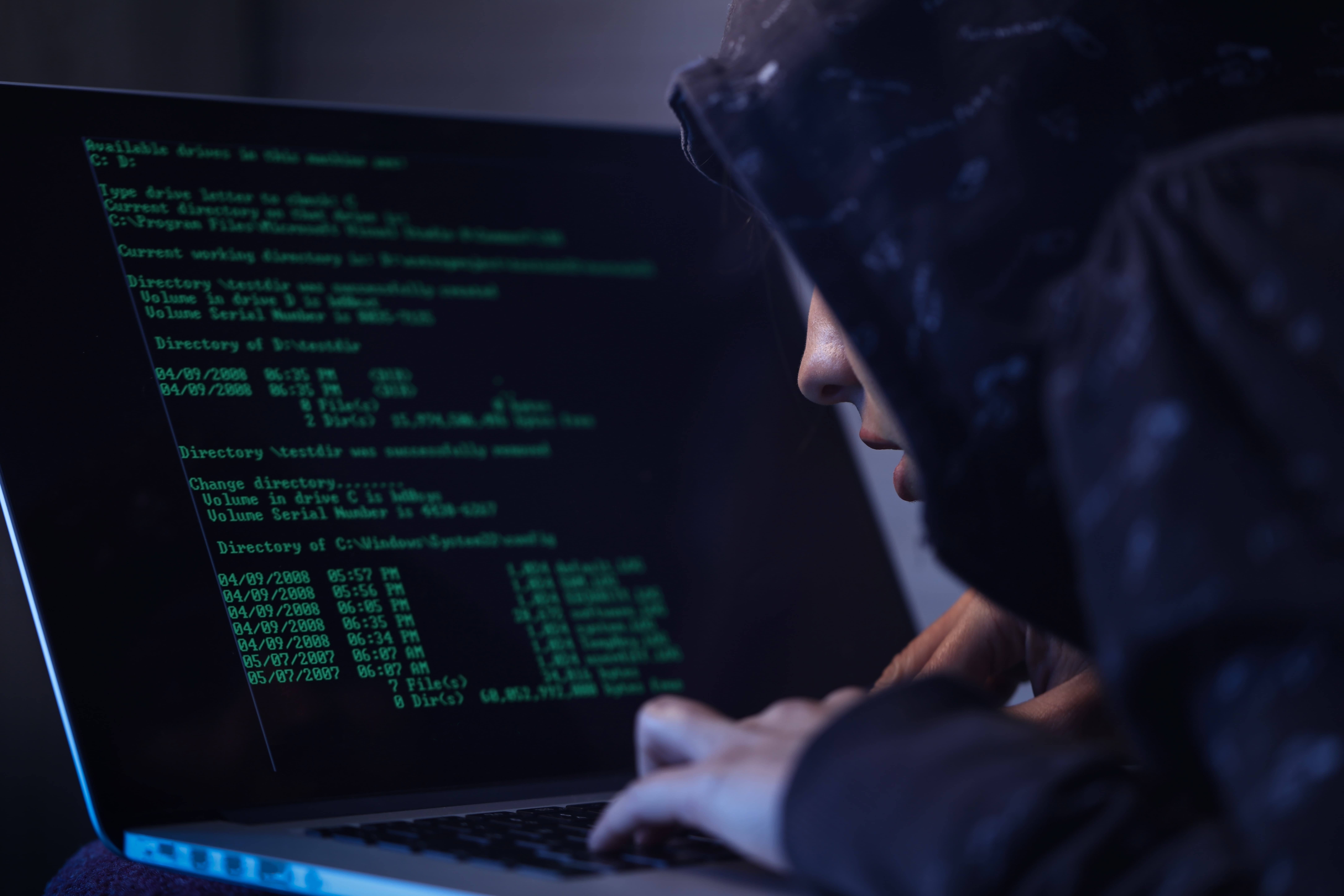The EU Innovation Hub for Internal Security’s AI Cluster gathered in Tallinn on 25–26 September for a workshop focused on AI and its implications for security and rights.
The European Union Agency for Fundamental Rights (FRA) played a central role, presenting its Fundamental Rights Impact Assessment framework under the AI Act and highlighting its ongoing project on assessing high-risk AI.
A workshop that also provided an opportunity for FRA to give an update on its internal and external work in the AI field, reflecting the growing need to balance technological innovation with rights-based safeguards.
AI-driven systems in security and policing are increasingly under scrutiny, with regulators and agencies seeking to ensure compliance with EU rules on privacy, transparency and accountability.
In collaboration with Europol, FRA also introduced plans for a panel discussion on ‘The right to explanation of AI-driven individual decision-making’. Scheduled for 19 November in Brussels, the session will form part of the Annual Event of the EU Innovation Hub for Internal Security.
It is expected to draw policymakers, law enforcement representatives and rights advocates into dialogue about transparency obligations in AI use for security contexts.
Would you like to learn more about AI, tech and digital diplomacy? If so, ask our Diplo chatbot!









